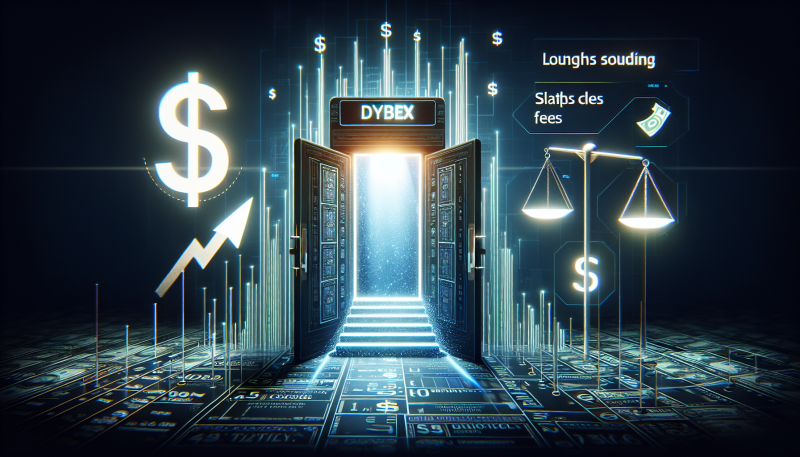What happened? dYdX is entering the U.S. market and cutting trading fees.
dYdX confirmed it will launch spot trading in the United States by year-end, bringing Solana and related tokens to American users who previously couldn’t access the platform. The company plans to reduce fees by up to half on launch and is rolling out faster deposits, better mobile UX, and new order types. Perpetual contracts won’t be available to U.S. users initially while regulators sort out rules for decentralized derivatives.
Who does this affect? U.S. retail and professional crypto traders, plus competing exchanges.
U.S. retail traders stand to benefit from lower fees, quicker withdrawals, and direct on-chain spot trading through a major decentralized platform. Professional traders and institutions may gain from expanded order types and improved infrastructure, though derivatives users will wait for perpetuals pending regulatory guidance. Centralized exchanges and other DeFi platforms will face renewed competition on pricing, product features, and user experience.
Why does this matter? It could shift market share, fees, and token economics across crypto markets.
Lower fees and U.S. access may pull significant trading volume on-chain to dYdX, forcing rivals to adjust pricing and services to stay competitive. Infrastructure upgrades and tokenomics moves like the buyback program and emission cuts could support DYDX token value and strengthen the protocol’s economic alignment. Overall, the expansion may boost liquidity for Solana-linked assets, accelerate on-chain trading growth in the U.S., and influence how regulators and markets treat decentralized trading products.
